Sam Biddle and Jack Poulson for The Intercept reporting on Anomaly Six, a company that knows a lot about a lot of people through phone data:
To fully impress upon its audience the immense power of this software, Anomaly Six did what few in the world can claim to do: spied on American spies. “I like making fun of our own people,” Clark began. Pulling up a Google Maps-like satellite view, the sales rep showed the NSA’s headquarters in Fort Meade, Maryland, and the CIA’s headquarters in Langley, Virginia. With virtual boundary boxes drawn around both, a technique known as geofencing, A6’s software revealed an incredible intelligence bounty: 183 dots representing phones that had visited both agencies potentially belonging to American intelligence personnel, with hundreds of lines streaking outward revealing their movements, ready to track throughout the world. “So, if I’m a foreign intel officer, that’s 183 start points for me now,” Clark noted.


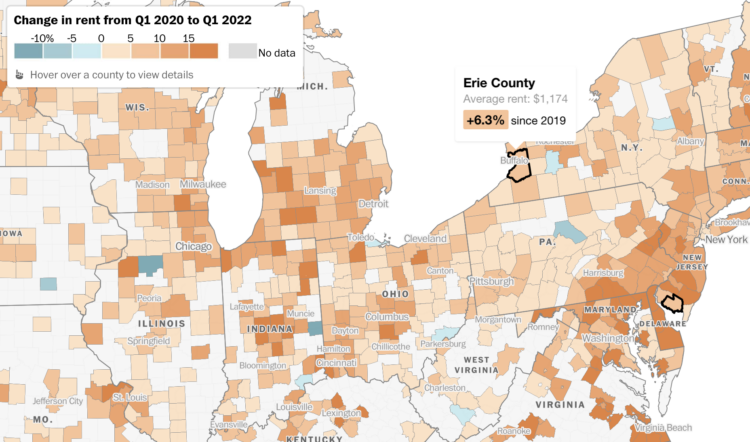
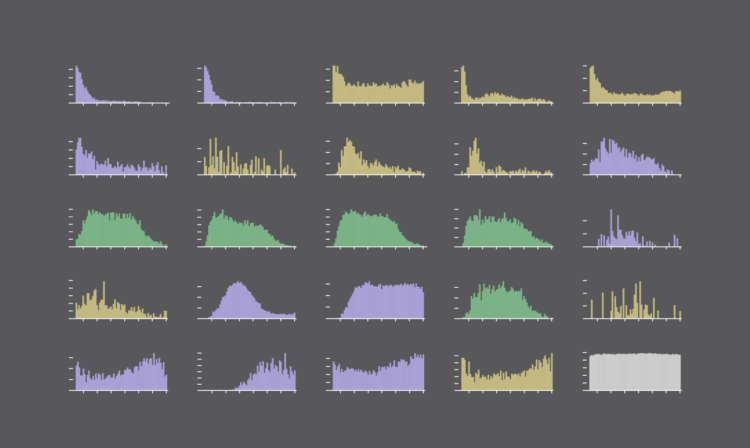



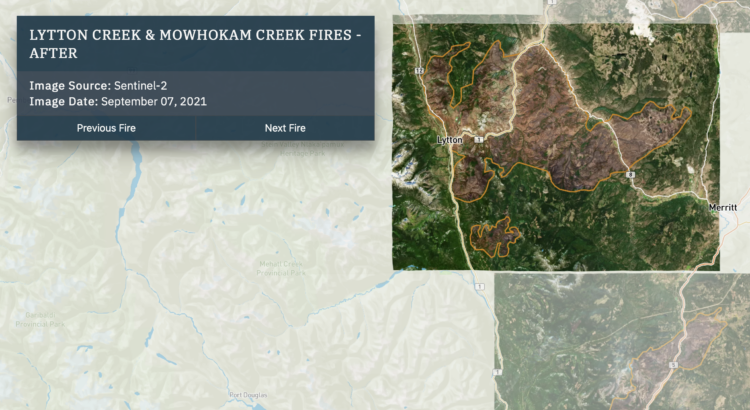
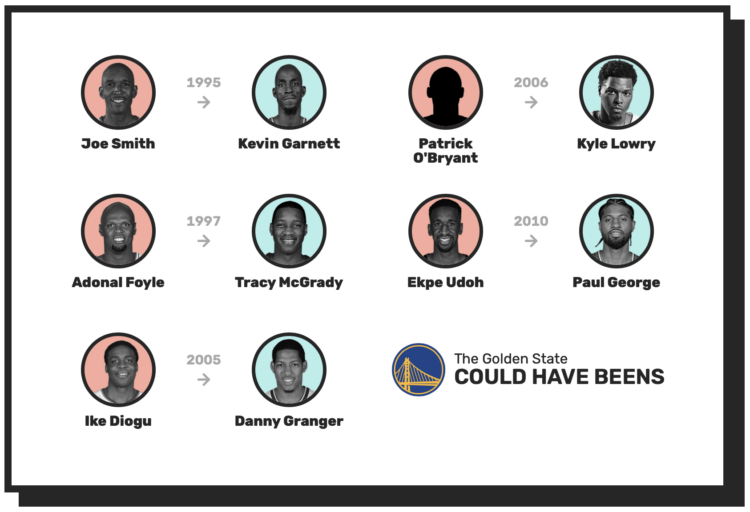

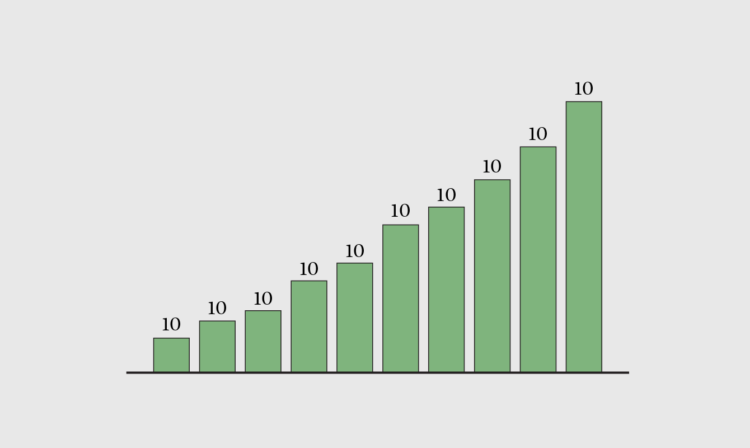
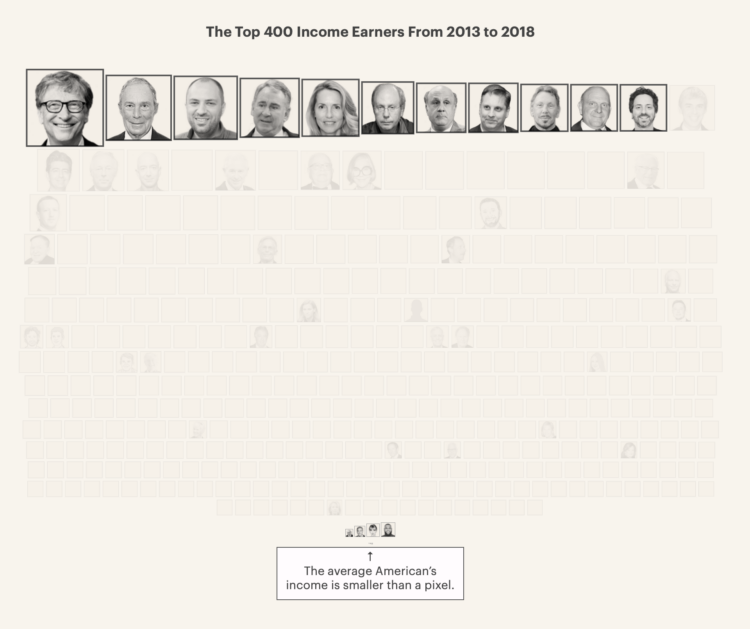
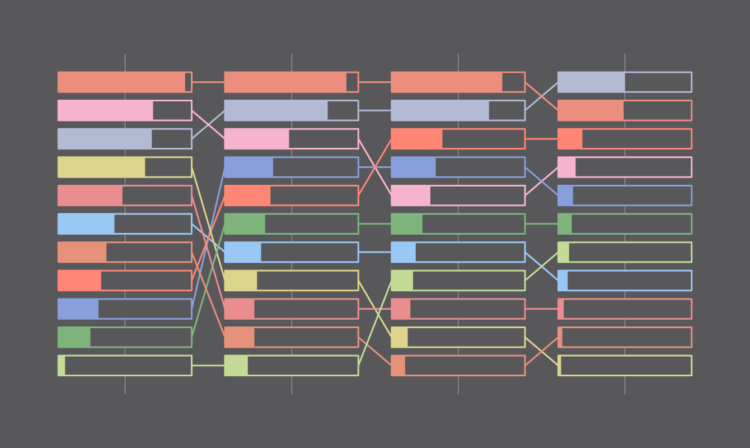
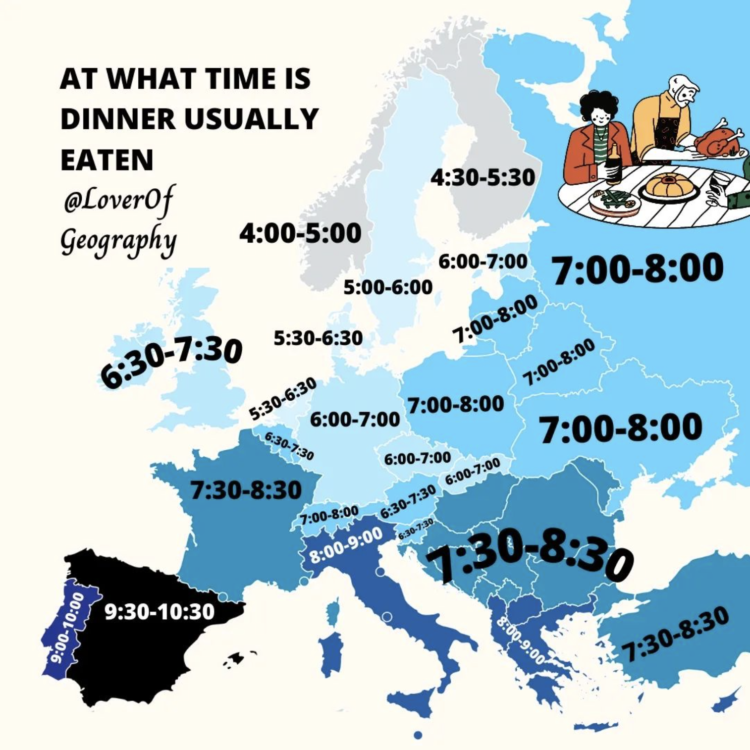
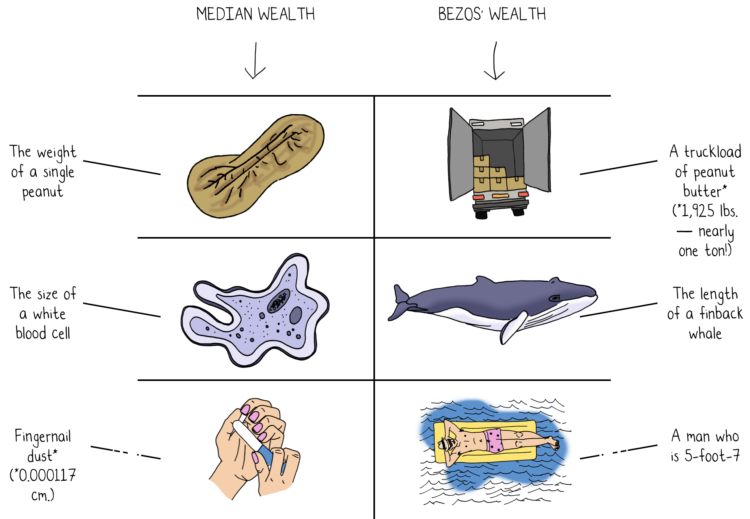




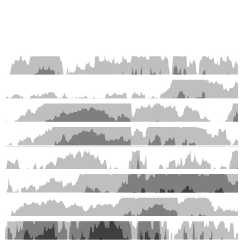



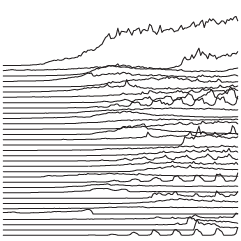

 Visualize This: The FlowingData Guide to Design, Visualization, and Statistics
Visualize This: The FlowingData Guide to Design, Visualization, and Statistics
